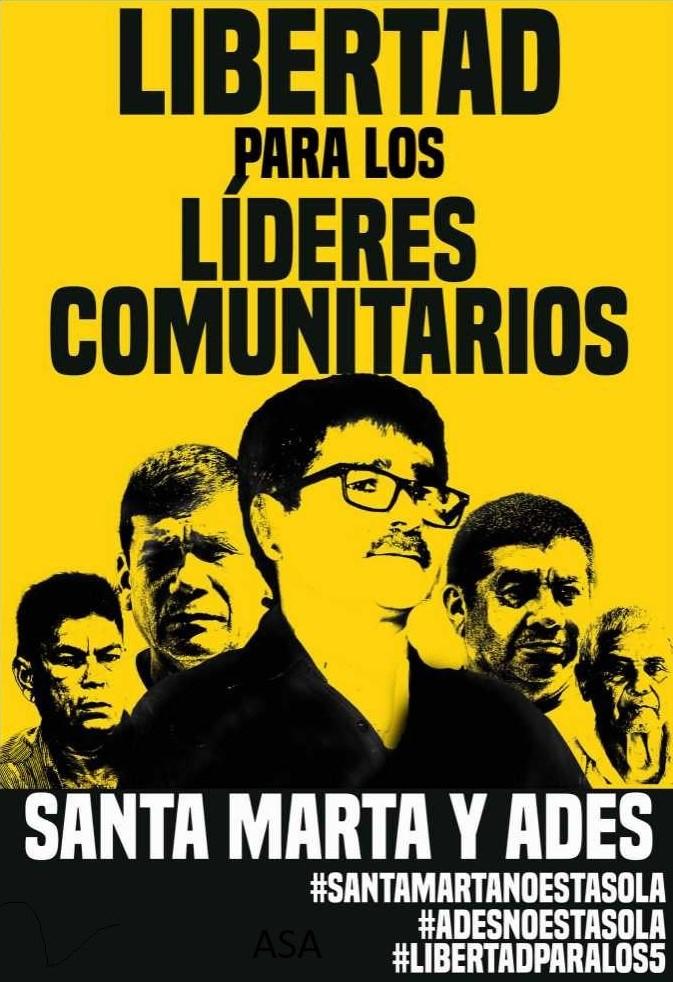News articles in this month’s Migrant Justice Update:
(1) See Us. Here Us. #ReuniteUS. (2) ICE Air: Update on Removal Flight Trends. (3) Migration Declining. (4) At the Border: Recent Incidents at and around the US-Mexico Border. (5) Guatemalan Youth Defy Tragedy, Continue Trek to US Despite Familial Losses. (6) Kidnapping of Migrants and Asylum Seekers at the Texas-Tamaulipas Border Reaches Intolerable Levels. (7) President-elect of Panama pledges to close the Darién Gap. (8) Trans & Nonbinary Migrants File Complaint Over Treatment at ICE Detention Facility in Colorado
TAKE ACTION items:
(A) Migrant Families in Cleveland Need Household Items. (B) Root Causes: Cut US Militarism in Latin America. (C) Root Causes: Stop Deportation Flights to Haiti. (D) Root Causes: Redesignate TPS for Nicaraguans. (E) Support Migrants in Detention.
Immigration enforcement continues to be top of mind for many in the US electorate. We’re likely to see the two presidential candidates duke it out on who pledges to be tougher on immigration.
With changes in presidential administrations in two of the countries that the US sees as crucial partners in stemming migration (Panama and Mexico), it’ll be interesting to see how things unfold over the next several months leading up to the US elections on November 5.
In Panama, conservative José Raúl Mulino was elected on May 5 and will be sworn in on July 1. He has pledged to close down the treacherous Darién Gap, through which more than a half a million migrants crossed last year. “The border of the United States, instead of being in Texas, moved to Panama.” He also pledged to “repatriate all these people.”
In Mexico, a new president will be elected on June 2 and inaugurated on October 1. The Biden Administration has worked closely with the current president, Andrés Manuel López Obrador, to stem the steady streams of immigration into Mexico headed toward the US southern border. Mexico has been cracking down on migrants at the Guatemala border and within its borders. Mexico’s migration enforcement set a record in November 2023 with 97,969 apprehensions, only to break that record in January 2024 (120,005 apprehensions) followed by a short dip in February (119,943). And the Mexican government is busing migrants away from its northern border and sending them to destinations deep in the country’s interior or back to the southern border. The large numbers of people currently bottled up throughout Mexico is causing harm to migrants and is unsustainable.
The next administration in the US will face political challenges with respect to border enforcement. Thousands of migrants currently in Mexico will likely try to head north again—not to mention the thousands yet to depart their home countries. Migrant justice advocates in the US continue to stress the urgent need for an increase in funding for the asylum process and efficient adjudication of those cases. The system dedicates fewer than 725 judges to a backlog of 3 million cases. The US government needs to invest in an immigration and asylum system that is faster, fairer, more humane, and sustainable.

